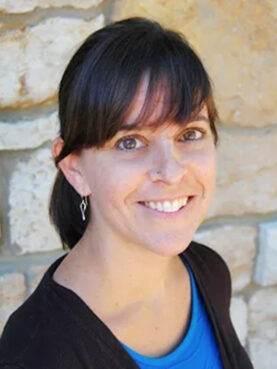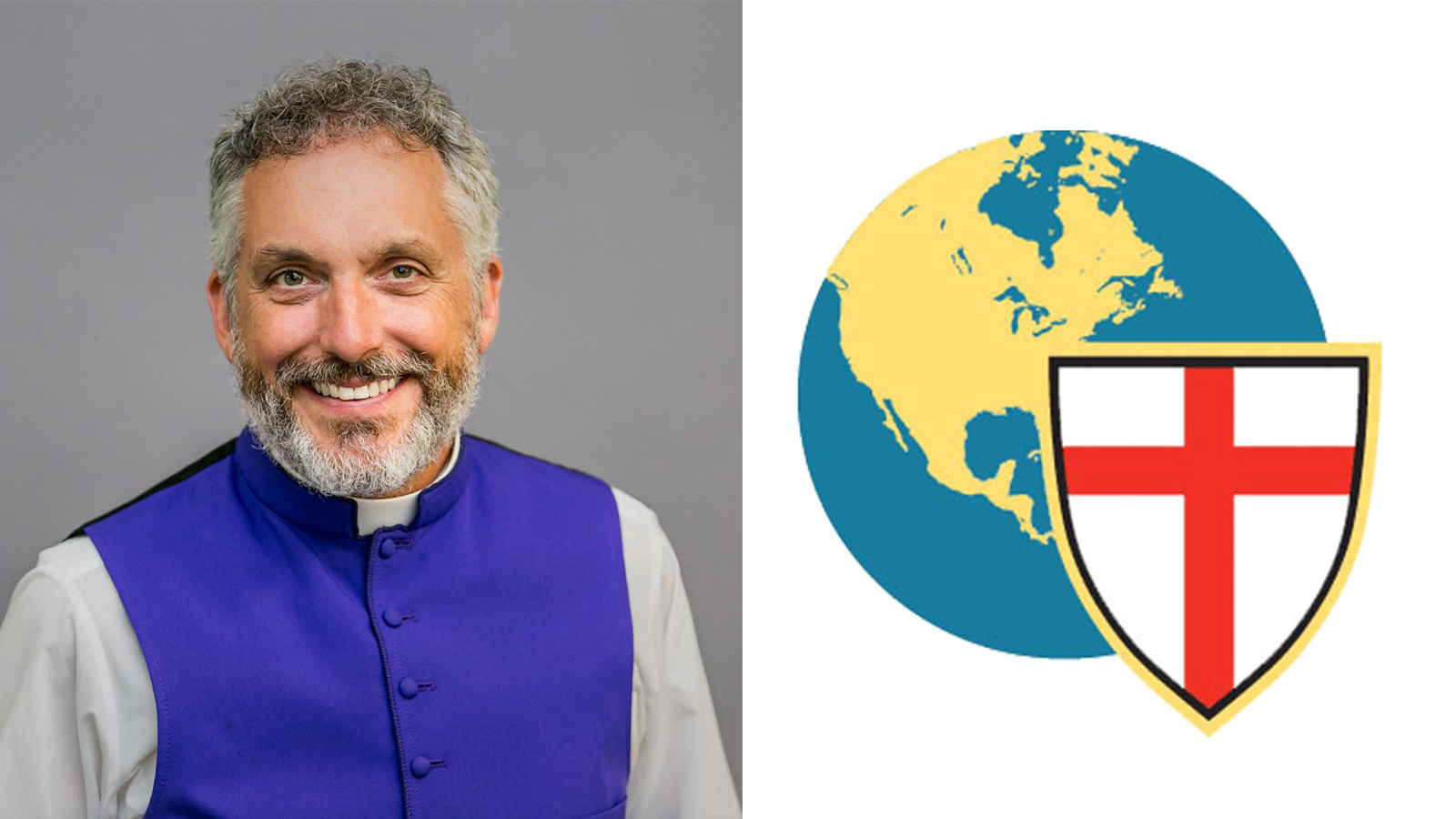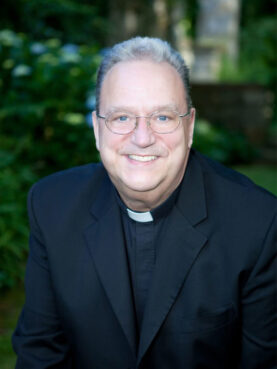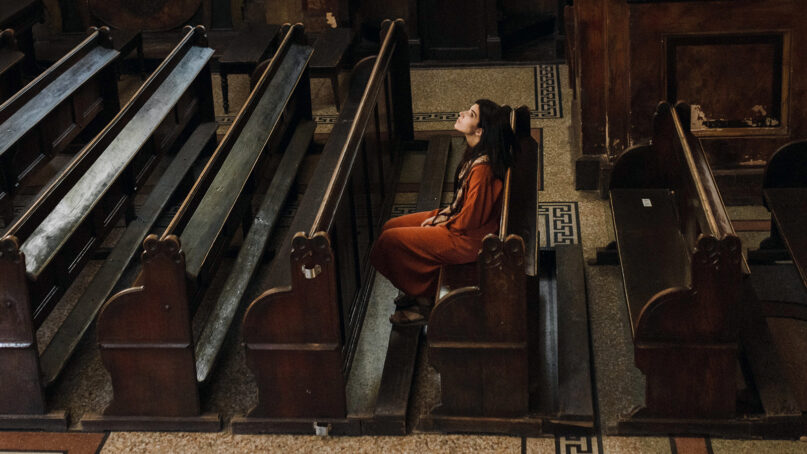(RNS) — The Anglican Church in North America, formed in 2009 after splitting from the Episcopal Church and the Anglican Church of Canada, will soon begin a high-profile church trial against a beloved bishop who is accused of welcoming men with histories of predatory behavior into church leadership. One of those men, a former lay minister, has been sentenced to 21 years in prison for felony sexual assault.
Bishop Stewart Ruch, head of ACNA’s Upper Midwest Diocese, is also facing separate church charges brought by three other bishops. Meanwhile, the diocese’s churches have suffered through years of controversy and power struggles.
Given the number of accusations and crimes involved, the increasing awareness of abuse and ACNA’s relatively short existence as a denomination, some have asked whether ACNA or Ruch lacked infrastructure of accountability or safeguards against abuse. How, in other words, could things have gone so wrong?
“The short answer is, it could happen in any religious organization,” said Stephanie Krehbiel, executive director of Into Account, which supports people who have suffered abuse in Christian organizations. “It’s common as dirt.” She added that while abuse is often connected in the public mind with the Catholic Church or Southern Baptist Convention, socially and theologically conservative denominations have no monopoly on abuse problems.

Stephanie Krehbiel. Courtesy photo
The Episcopal Church, for instance, made headlines this month when over 55 bishops cited deep concerns about members of their ranks receiving “free passes” when accused of misconduct.
“Safeguarding children is an important responsibility of every congregation and diocese in the Anglican Church in North America,” Andrew Gross, spokesperson for ACNA, told Religion News Service in an email.
But according to Krehbiel, there are factors that make some denominations better equipped to address misconduct than others.
When bishops left the Episcopal Church to start ACNA, the split was followed by years of infighting and slow, grinding property lawsuits. Seeking to avoid the rigid, top-down governance many found stifling in the Episcopal Church, ACNA’s founders favored a nimbler, decentralized structure.
As a result, each ACNA diocese has its own governance rules and abuse protocols. “It’s such a hodgepodge,” said Marissa Burt, an ACNA layperson and clergy spouse in the Seattle area, about the denomination’s safeguarding policies. “So you really have to investigate the parish bylaws. You have to look at the diocesan canons and really ask what your parish is doing. What are their policies for children, what is their training?”
In 2021, the denomination published a sample child protection policy, based on the work of a committee, and formed a task force charged with creating a separate sample policy for responding to allegations against adults. The policies are recommendations, not mandates.
ACNA’s bylaws also outline how to report accusations against clergy, though the bar for doing so is high: Accusations against clergy must be delivered to the priest or deacon’s bishop, and accusations against bishops must be submitted to the archbishop, who heads the entire denomination, by either three bishops or 10 adult members, including at least two clergy and seven people who belong to that bishop’s diocese.
All allegations must be written, signed and sworn, contravening expert opinion that survivors should be able to make anonymous reports and be guaranteed confidentiality.
Burt, who initially joined the Adult Misconduct Taskforce, resigned from the group in May 2022 over concerns that denominational leaders were relying on volunteers to draft the sample policy and were unwilling to hire third-party experts.
“I think this approach to tasking volunteers within the Province with this, volunteers with adjacent expertise, is irresponsible and exploitative,” said Burt. “It shuffles the organizational costs down to lay people and overworked clergy.”
Burt says she’s already seen a small number of dioceses like her own, the Diocese of the Rocky Mountains, adopt comprehensive safeguarding policies in the last three years.
Last fall, the Upper Midwest Diocese approved minimum child protection policy standards that member churches are expected to comply with before 2024. Some of its churches, including Church of the Resurrection, the diocesan headquarters in Wheaton, Illinois, have already adopted their own safeguarding policies. The diocese is also working to update its bylaws to secure more lay involvement and accountability.

Bishop Stewart Ruch III, left, and the Anglican Church in North America logo. Photo via Church of the Resurrection
But critics of Ruch have said its current structure consolidates too much power in the hands of the bishop, and they argued that the lack of checks and balances has allowed Ruch to fill key diocesan roles with relatives and friends.
Heather Griffin, who stopped attending an ACNA church in North Carolina because of her concerns about church leaders’ response to abuse allegations, worries that until there are specific, mandated policies for preventing and responding to abuse at the denominational level, too much is left up to chance.
“I think part of the reason they don’t have good policies for holding themselves accountable is they thought they could just work it out,” Griffin told RNS. “And that no one they trusted who had good doctrine and good intentions could mess it up this badly.”
Churchgoers often trust clergy to act forthrightly when abuse allegations crop up; in practice, clergy may be prone to give both parties’ testimony equal weight or keep quiet, thinking that admitting to a problem will open them up to liability.
“With any kind of sexual misconduct you have to take into account the power differential,” said Margo Stone, director of Midwest Ministry Development, which conducts assessments for church leaders. Fairness, she said, must tilt toward the person alleging abuse.
Krehbiel called silence on the part of leadership “one of the most spiritually damaging things that a church can do,” as is the impulse to maneuver survivors into nondisclosure agreements, “which is also incredibly spiritually violent.”
While experts agreed that no denomination can be said to be more prone to mishandling than any other, they note that a denomination’s approach often grows out of its theology regarding women and children.
Krehbiel said that in her experience, churches that ordain men alone more readily foster cultures where abuse can fester. “I see a pattern of devaluing violence against women and not seeing it as a real impediment to spiritual leadership,” she said.

The Rev. Gerard McGlone. Photo courtesy of Georgetown University
The Rev. Gerard McGlone, senior research fellow at the Berkley Center for Religion, Peace and World Affairs at Georgetown University, said the Catholic Church has made strides in terms of policies, trainings, screenings, background checks and being transparent when someone has been credibly accused of misconduct. The church still needs to confront the “distorted theological beliefs” that continue to enable abuse, he said, including theologies that treat women and children as objects.
But McGlone stresses that the Catholic Church is not alone in needing to change its culture. He calls for “a fundamental reshaping of Christology.”
“Christ always put children at the center of his preaching,” he said. “Name one church that puts children at the center of their preaching.”
Preliminary findings in a study McGlone has conducted showed that when participants saw and heard an abuse survivor’s story, their rates of moral injury were lowered. He believes that centering survivors’ stories in clergy and abuse prevention trainings could be key to changing the culture of the church writ large.
“If the church can understand placing survivors’ stories as part and parcel of their mission, that could change people’s lives,” said McGlone. “And the ripple effects could be enormous.”





